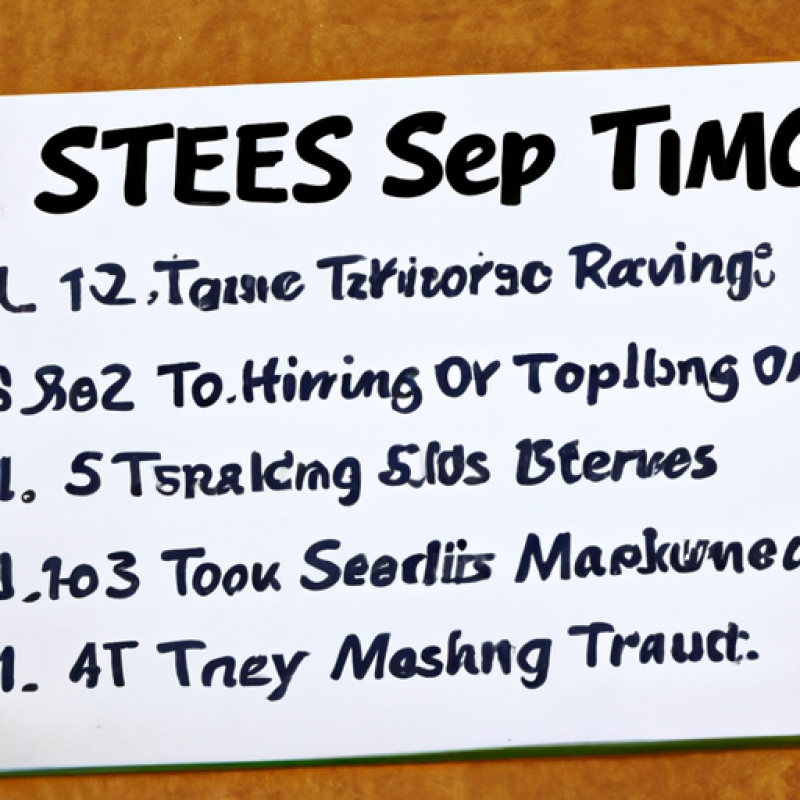Singapore is known for its low taxes, but property taxes are an important part of the country’s revenue. Property taxes are levied on all types of real estate, including residential, commercial, and industrial properties. Understanding the basics of Singapore property tax can help you make informed decisions when buying or selling property in the country.
Property taxes in Singapore are based on the annual value of the property. The annual value is determined by the Inland Revenue Authority of Singapore (IRAS) and is based on the estimated annual rental income of the property. The annual value is then multiplied by the applicable property tax rate to determine the amount of tax due.
The property tax rate in Singapore is progressive, meaning that the rate increases as the annual value of the property increases. The current property tax rate ranges from 0.25% to 16%. The rate is determined by the type of property and its location. For example, residential properties located in the Central Region of Singapore are subject to a higher tax rate than those located in other parts of the country.
In addition to the property tax, Singapore also levies a stamp duty on the transfer of property. The stamp duty rate is based on the purchase price of the property and ranges from 1% to 4%.
Property owners in Singapore are also required to pay an annual conservancy charge. This charge is used to fund the upkeep of public areas such as parks and roads. The amount of the charge is based on the size of the property and ranges from $50 to $1,000 per year.
Finally, Singapore also levies a Goods and Services Tax (GST) on the sale of property. The GST rate is 7%, and it is applied to the purchase price of the property.
Understanding Singapore’s property tax system is essential for anyone considering buying or selling property in the country. Knowing the applicable tax rates and other charges can help you make informed decisions and ensure that you are not overpaying for a property.





Discussion about this post